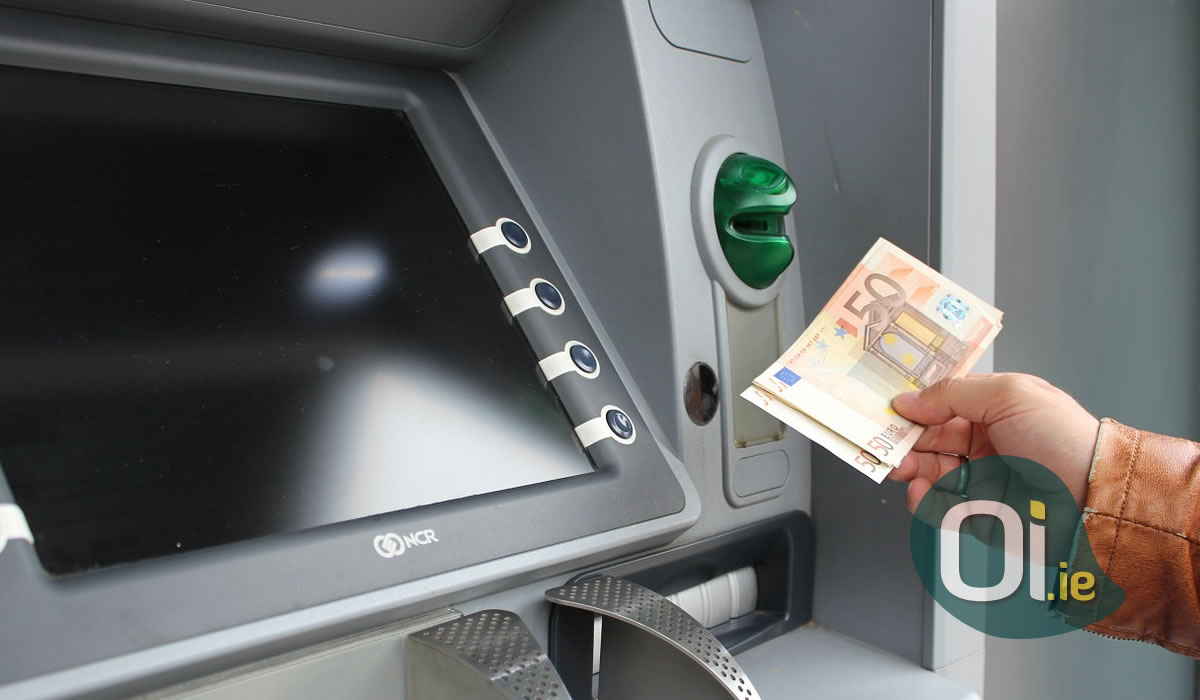Opening a bank account in Ireland before you arrive can be a convenient way to manage your finances and ensure a smooth transition upon your arrival. While it’s not always possible to open an account entirely remotely, there are steps you can take to prepare and streamline the process. The below guide will hopefully help you navigate banking in Ireland:
What are the main Irish traditional banks?
- Allied Irish Banks (AIB): One of the largest banks in Ireland, offering a wide range of financial services.
- Bank of Ireland: Another major Irish bank with a long history and a strong presence in the market.
- Permanent TSB: A significant player in the Irish banking sector, particularly in the mortgage market.
- EBS: A building society that offers a range of banking products, including mortgages and savings accounts.
It’s worth noting that the Irish banking landscape has changed in recent years, with the departure of some major international banks. However, these four banks remain the dominant players in the traditional banking sector.
Types of Accounts:
- Current Account: This is the most common type of bank account for everyday use. It allows you to deposit and withdraw money, pay bills, and use a debit card.
- Savings Account: This account is designed to help you save money. It typically offers a higher interest rate than a current account.
- Non-Resident Account: If you’re not a resident of Ireland but plan to maintain an account, you may be eligible for a non-resident account.
process. The below guide will hopefully help you navigate banking in Ireland:
What are the most popular neo/online banks in Ireland?
- Revolut: This is one of the most popular neobanks in Ireland, offering a wide range of features including currency exchange, international transfers, and virtual and physical cards.
- N26: A German neobank that has gained popularity in Ireland for its user-friendly interface and competitive fees.
- Bunq: This Dutch neobank offers a variety of features, including joint accounts, savings pots, and environmentally friendly options.
- Wise: While primarily known for international money transfers, Wise also offers multi-currency accounts that can be used for everyday spending.
- Monese: This UK-based neobank is popular among expats and international students in Ireland, offering a range of features including currency exchange and international money transfers.
It’s important to note that the best neobank for you will depend on your specific needs and preferences. Consider factors such as the fees, features, and customer service when choosing a neobank.
What do I need to open a bank account in Ireland?
To open a bank account in Ireland, you’ll generally need the following documents:
- Proof of Identity: A valid passport or national ID card.
- Proof of Address: A recent utility bill or rental agreement.
- Visa or Residence Permit: If applicable.
- Proof of Income: This may be required, especially for non-resident accounts.
Can I open a bank account remotely, without an address in Ireland?
Opening a traditional bank account in Ireland remotely without an Irish address can be challenging due to anti-money laundering regulations.Luckily Revolut and N26 do allow you to do so.
Which is the most popular bank in Ireland?
Allied Irish Banks (AIB) is generally considered the most popular traditional bank in Ireland with approximately 3.2 million customers, however, Revolut now has 3 million customers on the island, and is more popular with younger people looking for a better app and digital first banking.
Which bank has the best app in Ireland?
Revolut is widely considered to have the best banking app in Ireland. It’s praised for its user-friendly interface, innovative features like instant currency exchange and virtual cards, and its overall seamless user experience.
However, traditional banks like AIB and Bank of Ireland have also significantly improved their mobile apps in recent years. They offer a range of features, including mobile payments, bill payments, and account management.
Ultimately, the best bank app for you will depend on your specific needs and preferences. It’s recommended to try out a few different apps to see which one you prefer.
Are there costs to having a bank account in Ireland?
Most banks charge monthly account maintenance fees unless specific conditions (like a minimum balance) are met.





